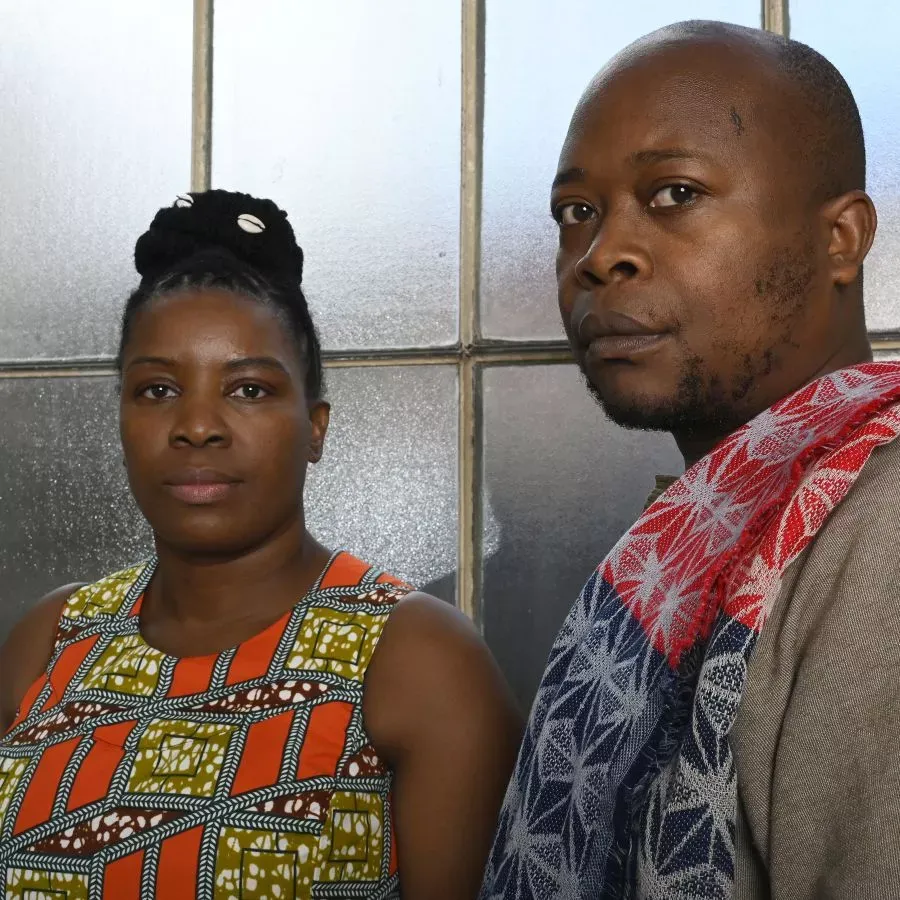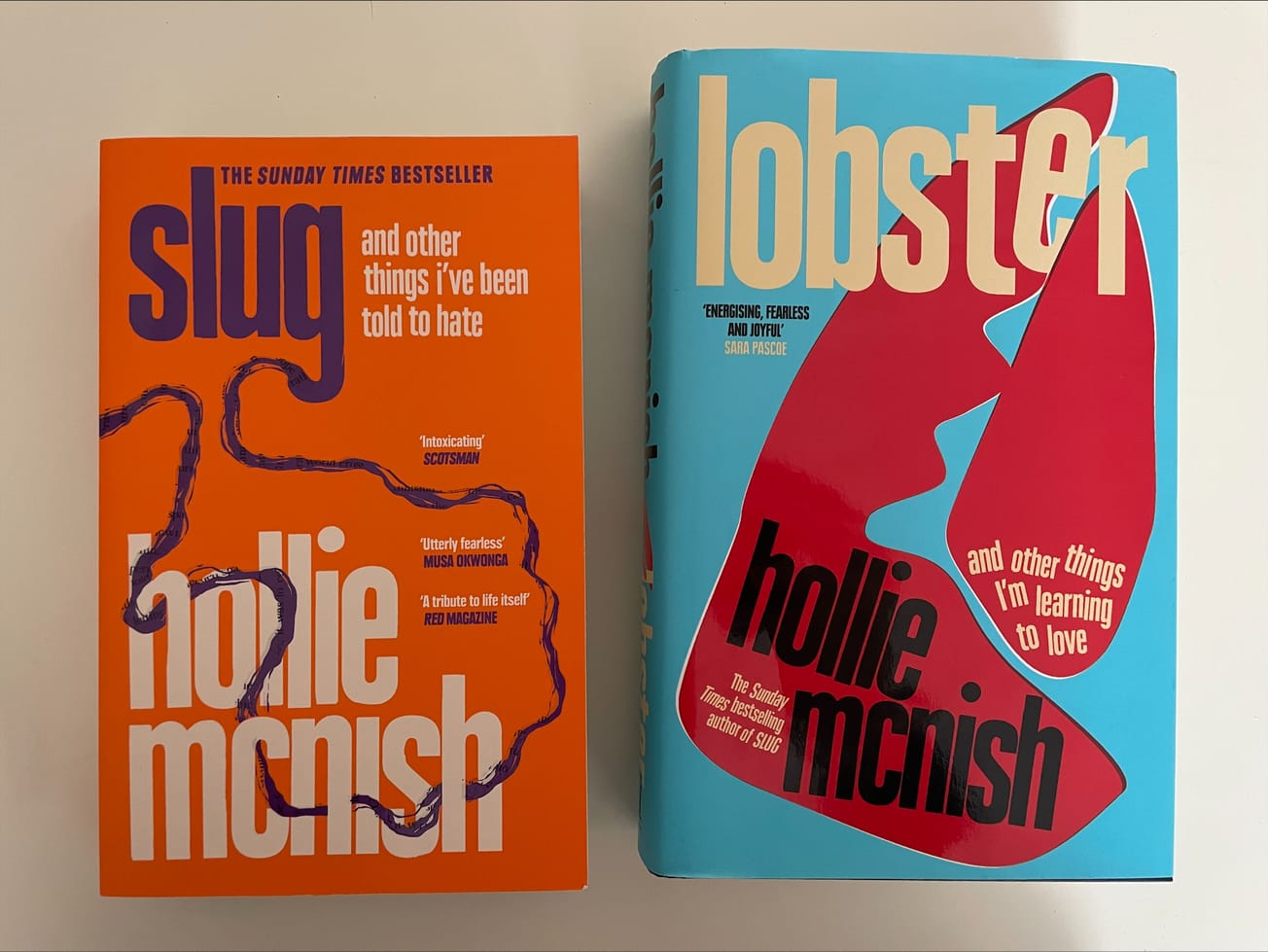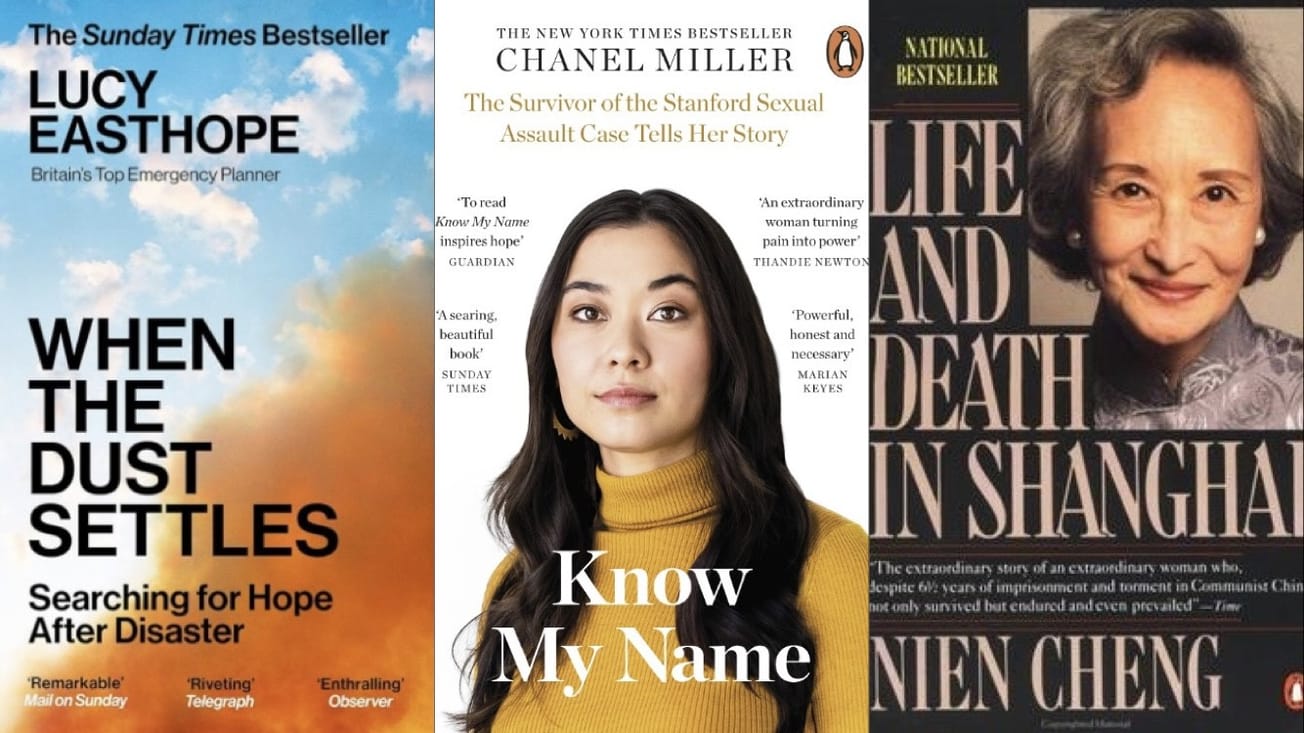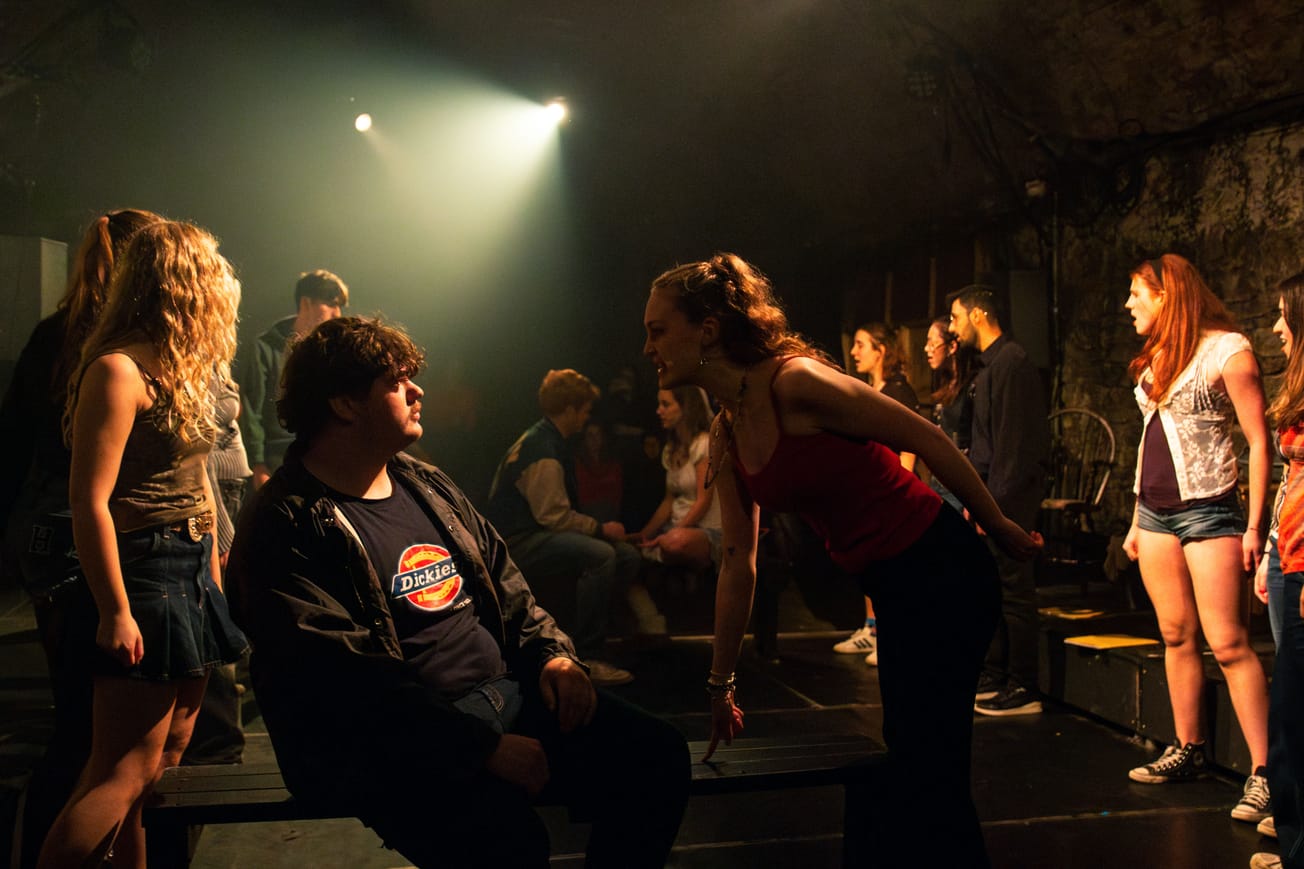By Anya Viljoen, Second Year Law
In a play that seamlessly weaves the personal and historical, Tonderai Munyevu (playwright and storyteller) invites the audience to undergo a journey that maps the turbulent politics of a newly independent 80s Zimbabwe and simultaneously delves into the complicated relationship between Tonderai and his father.
Tonderai transforms the theatre into a magnifying glass on the contentious political figure Mugabe (prime minister of Zimbabwe 1980-87) and his own experiences as a young, gay, black immigrant in London separated from his father both emotionally and physically.
Whilst Tonderai’s comedic and charismatic style captivates the audience, it is the accompaniment of the lilting tones of the mbira (a traditional African instrument) that enables the playwright's words to come to life. The mbira is used as an aural signifier that Tonderai’s story is switching from a tale about his father, to Mugabe, and is a musical backdrop to different parts of Tonderai’s tale.
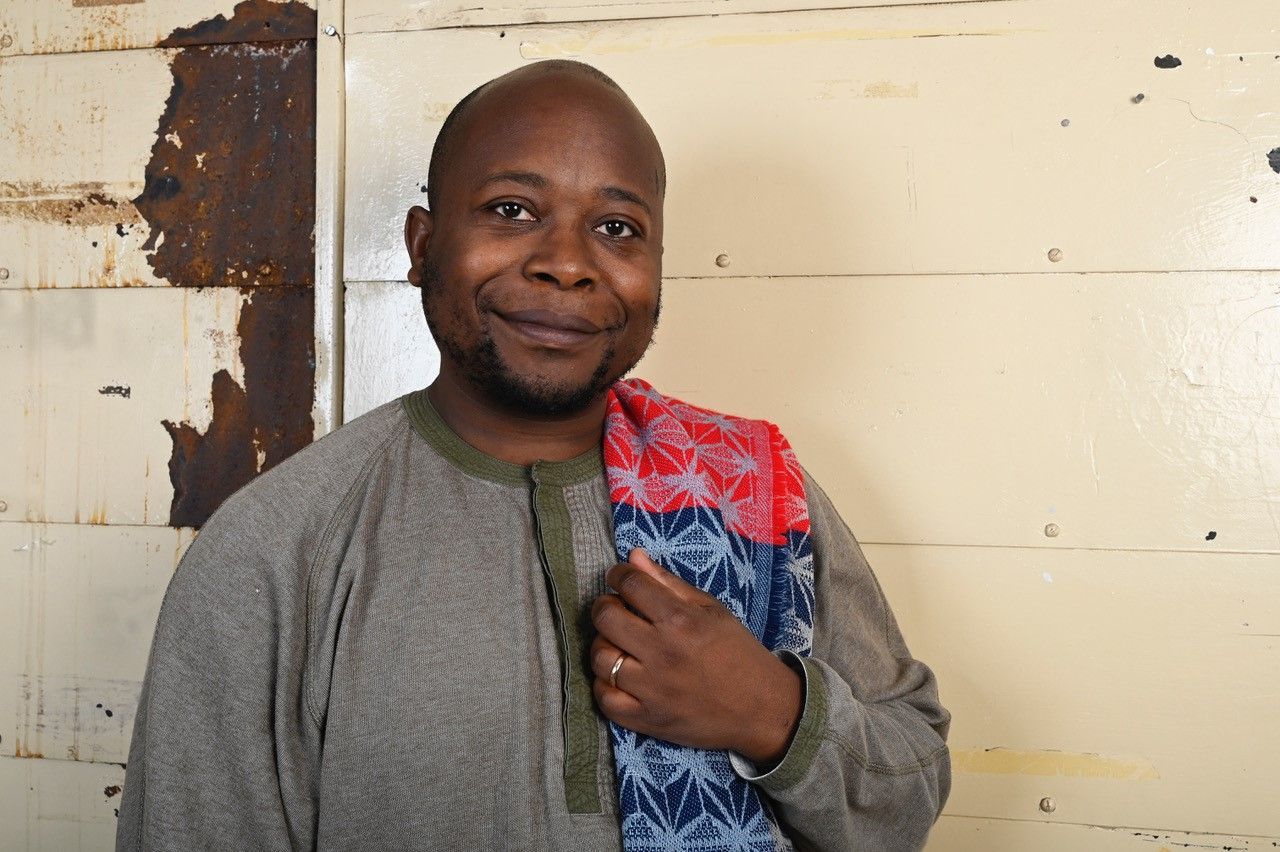
The captivating music immerses the audience in Tonderai’s story, transporting the onlooker to a period of personal and national struggle. Towards the end of the play, Millicent Chapanda (the female mbira player) reminds the audience that each instrument is unique to every family, reflecting how any story on the impact of colonialism is distinctive to each individual.
Tonderai begins his story with an anecdote of a time when he served a white man in a pub who winced when Tonderai said he was from Zimbabwe, exclaiming that it was such a shame what had happened to the ‘breadbasket’ of Africa. This tale frames the rest of the play. Rather than Tonderai being forced to explain his country of origin on the demands of a white man, he can powerfully reclaim his story and explore it on his own terms.
The non-linear narrative of the story creates a link between the playwright, his father and Mugabe (a political symbol of a post-independent Zimbabwe) - symbolising the interlinking relationship between colonialism, post-independence corruption and personal dynamics. The audience is powerfully reminded that the historical impacts the personal.
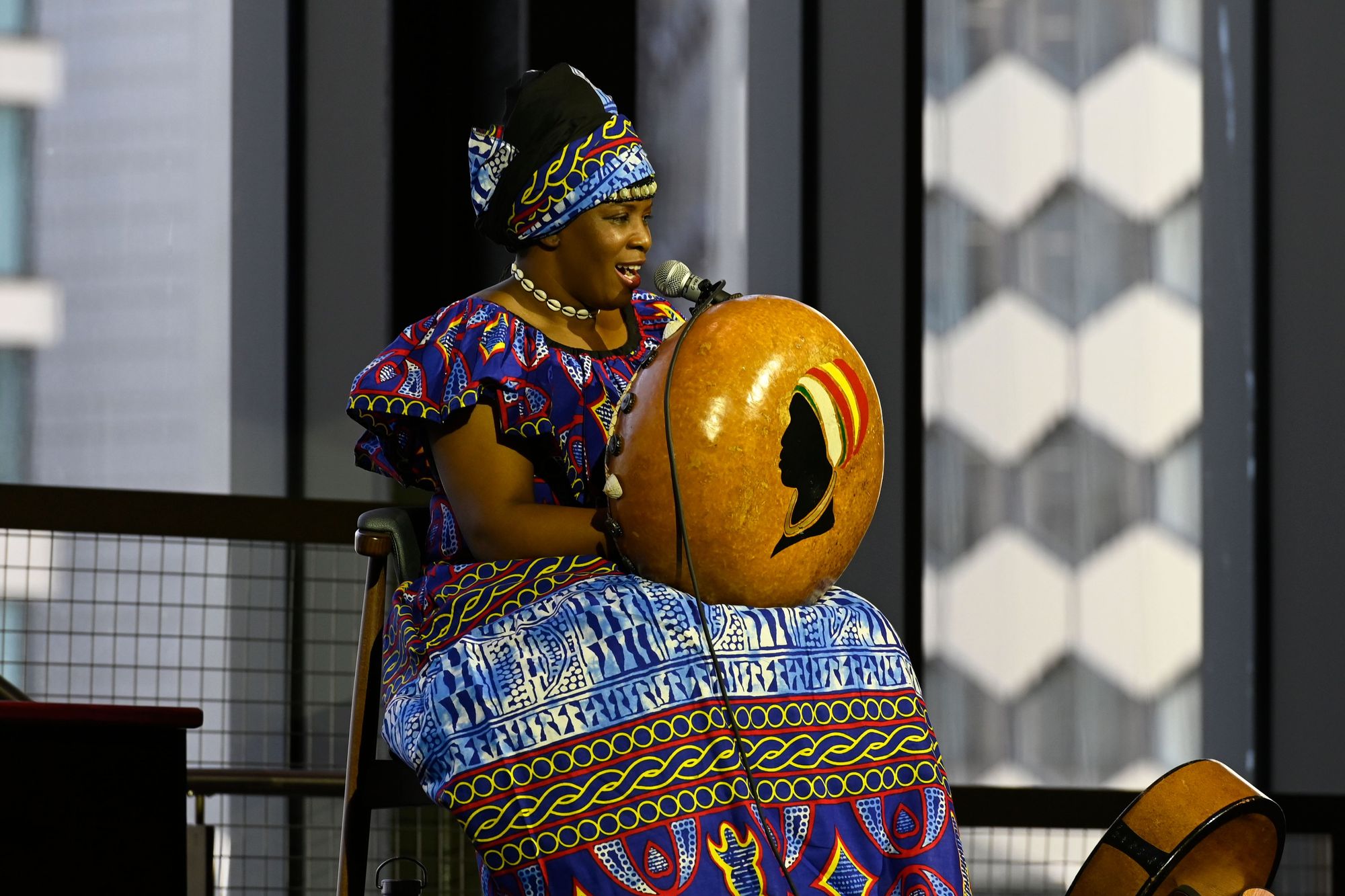
The intimacy of the small Wardrobe Theatre coupled with the minimalistic spotlights and props centres the audience's attention on Tonderai’s story of diaspora, pain and confusion. In what becomes almost an emotionally charged conversation between the playwright and the audience, the onlooker is denied the ability to remain removed from the harsh truth of the impact of colonialism on the individual.
Tonderai’s words, fuelled by the notes of the mbira, prevent the predominantly white audience from engaging in sweeping, generalised statements on colonialism, instead encouraging us to accept our role in the corruption of the ‘breadbasket’ of Africa.
Through Tonderai providing the audience an insight into his individual story, the tumultuous Zimbabwean history and Britain's role in it is personalised. Consequently, the audience is left in awe at the lyrical strength of Tonderai’s rhetoric and the tangible impact of colonialism and corruption - the play truly deserves the standing ovation it received.
Featured Image: Millicent Chapanda and Tonderai Munyevu, Courtesy of Afrika Eye
Did you watch ‘Mugabe, My Dad and Me’ at the Wardrobe Theatre on November 16th?

